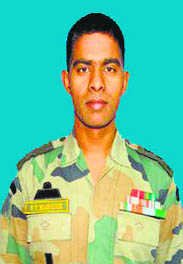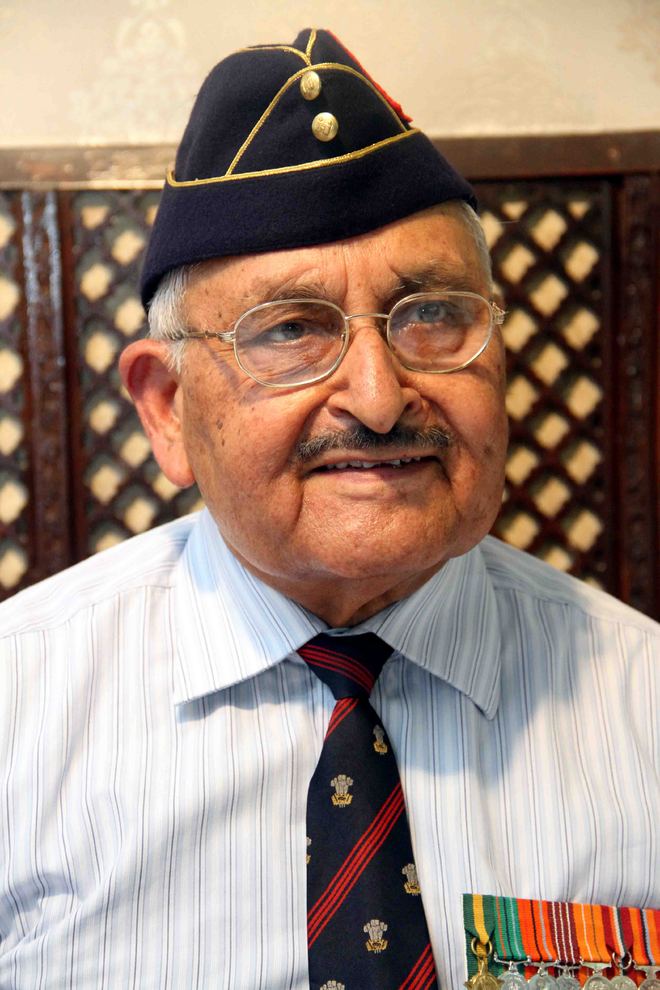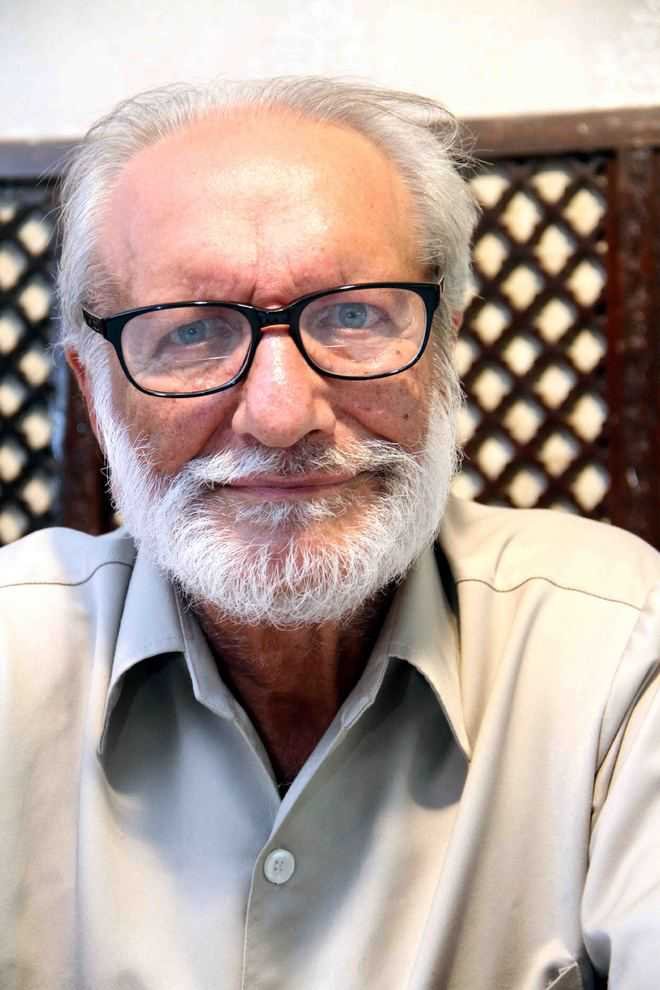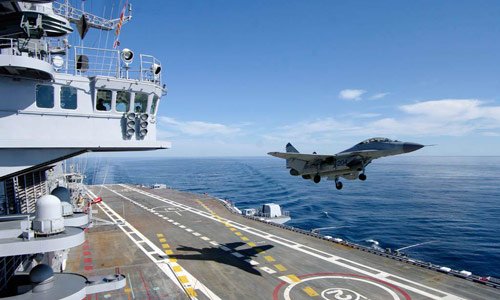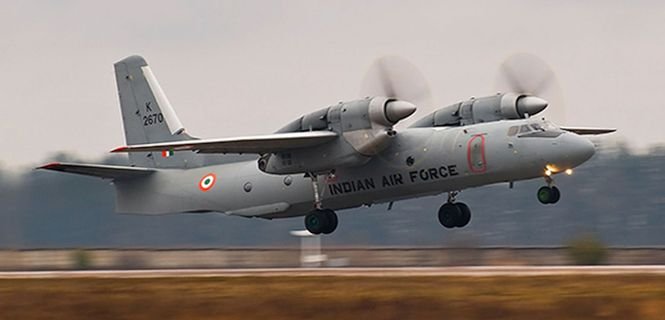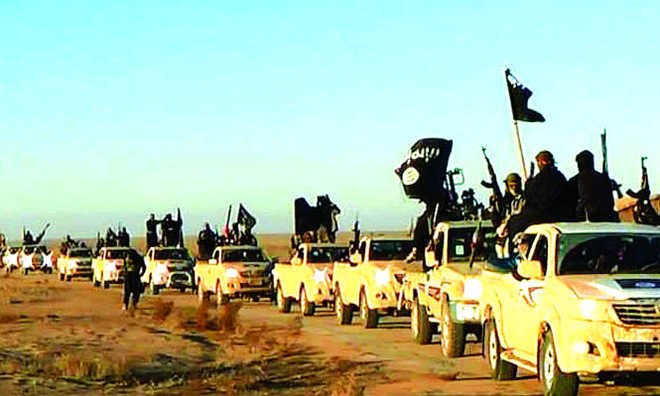Vijay Mohan
Tribune News Service
Chandigarh, November 24
Several suggestions have been made by the Committee of Experts convened by the Defence Minister to recommend ways and means to reduce litigation in the Ministry of Defence and strengthen the mechanisms for redressal of grievances of defence personnel.
The five-member committee submitted its report to Defence Minister Manohar Parrikar today. The 509-page report contains 75 recommendations that touch upon various aspects of pension and service matters, discipline, vigilance and promotion issues, military justice reform, issues concerning civil employees and areas of potential disputes. Scores of senior functionaries in the services and MoD were examined and relevant documents and orders scrutinsed.
The committee has recommended greater personal interaction and opportunity of hearing in the system of formal complaints and petitions so as to give a better role to human interaction rather than the one-way noting sheet method and to assist in providing outlet and catharsis to individuals related to their grievances.
Greater constructive usage of social media, including initiation of blogs by senior commanders, to promote an interactive process with the rank and file, has been propagated. A face-to-face “collegiate” system of decision-making in various aspects rather than the file circulation method has been suggested along with more transparency in matters related to promotions and confidential reports.
Recommendations on military justice reform include steps that can be taken without any legislative change such as introduction of permanent infrastructure for Court Martial at specified stations to reduce ad hocism and reduction of command influence. A high level study group to ensure that reforms in these very important areas are not ignored and are configured with the times and the best national and global practices, has been recommended.
The committee has also recognised other areas of potential disputes, including those of disabled cadets, women officers and Short Service Commissioned Officers and several recommendations for more amiable service conditions have been put forth. Service and pension-related policies, including those affecting disabled soldiers and widows, form an important part of the report.
Recommendations are:
Greater personal interaction
Constructive use of social media
Face-to-face ‘collegiate’ system of decision-making
More transparency in matters related to promotions, confidential reports
Permanent infrastructure for Court Martial at specified stations











